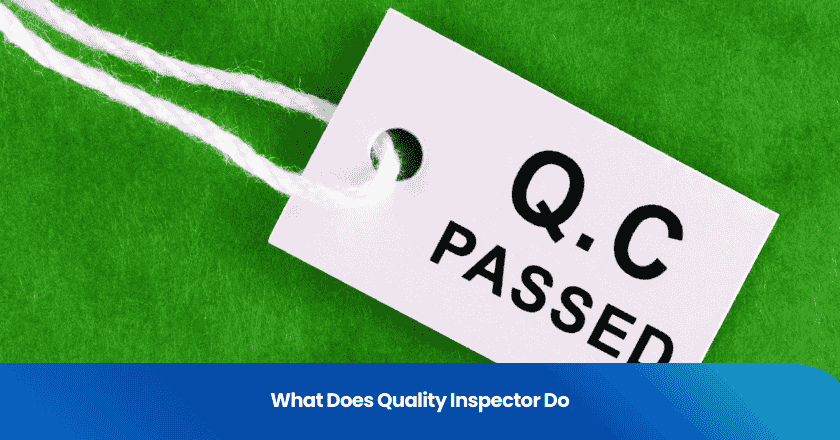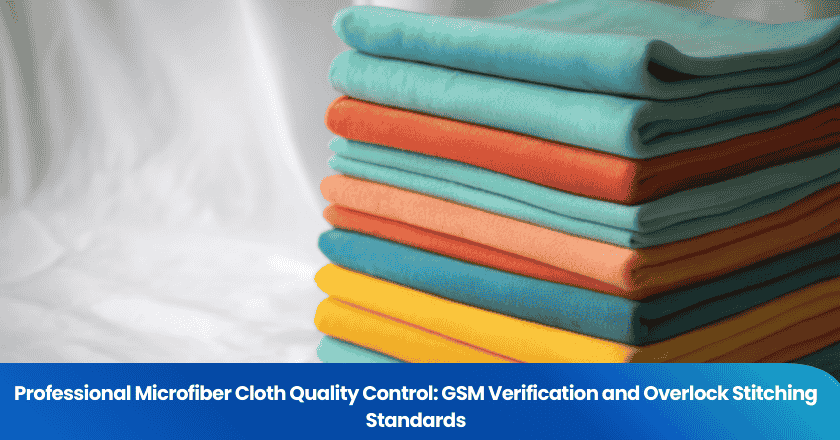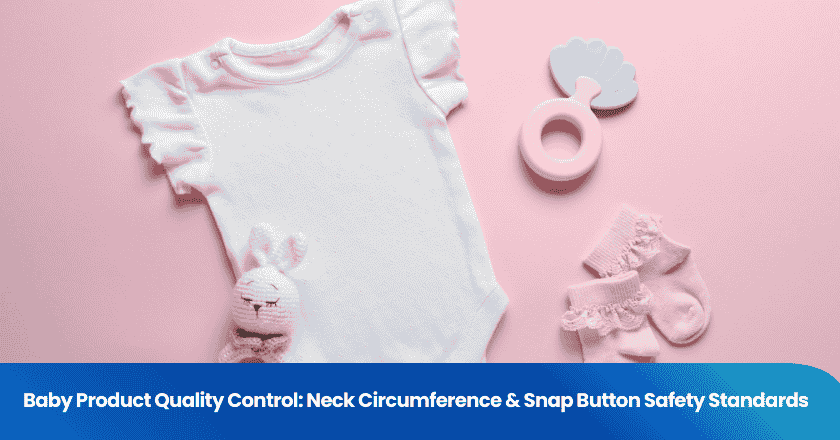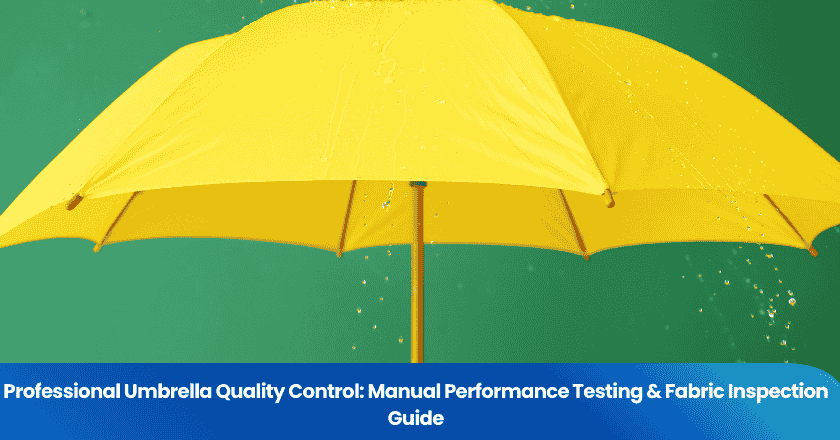
You oversee product quality and ensure everything meets industry standards. When you ask what does quality inspector do, you find that your main job involves checking products, identifying defects, and making sure production processes run smoothly. In manufacturing, construction, and other fields, you implement systematic inspection methods that reduce defect rates and prevent costly rework. What does quality inspector do also includes using advanced technologies to boost inspection accuracy and efficiency. You help maintain high standards, which leads to lower waste and supports business growth. If you pay close attention to detail, you will excel in this role. What does quality inspector do centers on protecting customer satisfaction and ensuring compliance with regulations. What does quality inspector do ultimately drives long-term success for companies.
Quality control inspectors:
- Reduce product defects and rework
- Enhance accuracy with advanced inspection technologies
- Ensure compliance with standards, improving customer satisfaction
- Support profitability and long-term growth by maintaining high quality
Key Takeaways
- Quality inspectors ensure products meet industry standards by checking for defects and maintaining high quality.
- Attention to detail is crucial; it helps identify small issues before they become major problems.
- Effective communication with teams and supervisors is essential for reporting findings and implementing solutions.
- Certifications like Certified Quality Inspector (CQI) enhance career prospects and demonstrate commitment to quality.
- Quality control inspectors work in various industries, including manufacturing, construction, and pharmaceuticals, adapting their skills to meet specific requirements.
Quality Control Inspector Job
As a quality control inspector, you play a vital role in maintaining quality standards across every stage of production. Your job involves a variety of responsibilities that ensure products meet strict requirements before reaching customers. You focus on defect identification, inspection and testing, and ensuring compliance with industry regulations. Your attention to detail and commitment to quality make you an essential part of any manufacturing or production team.
Inspection Duties
Your daily job responsibilities cover a wide range of inspection tasks. You examine raw materials and finished products to confirm they meet specifications. You use precise measurement tools to check dimensions and tolerances. You also perform durability, functionality, and safety tests to validate product performance. Your job requires you to maintain detailed records of each inspection, noting any deviations or defects. You communicate issues to supervisors and work together to resolve them quickly. You oversee production stages, looking for ways to improve machinery and workflows. You also help develop protocols that optimize inspection processes and enhance product quality assurance. Your key duties include analyzing customer concerns, identifying root causes, and collaborating on solutions to prevent future problems. You always follow safety protocols during inspections and production activities.
Note: Your roles and responsibilities as a qc inspector extend beyond the production floor. You may assist with training new inspectors and help enforce company rules and procedures.
Here is a summary of standard inspection duties you may perform:
| Inspection Duties | Description |
|---|---|
| Material Inspection | Inspect and measure materials, products, and work for conformance to specifications and standards throughout the manufacturing cycle. |
| Measuring Tools | Accurately use all standard measuring tools, including rulers, calipers, and force gauges. |
| Blueprint Interpretation | Interpret blueprints, data, and other materials to determine specifications, inspection and testing procedures, and measuring instruments required. |
| Data Recording | Record inspection data and quantities inspected on required inspection reports. |
| Record Maintenance | Collect and file inspection and test records in accordance with established record maintenance procedures. |
| Problem Notification | Notify supervisors and other personnel of production quality problems and assist in identifying and correcting these problems. |
| Result Discussion | Discuss inspection results with those responsible for products and recommend necessary corrective actions. |
| Record Keeping | Complete all required record keeping, including time sheets, traceability forms, etc. |
| Part Understanding | Understand part numbers and revision levels. |
| Customer Repairs | Inspect customer repairs as needed. |
| Training Assistance | Assist with the training of new inspectors as needed. |
| Additional Duties | Perform other related duties as required or assigned. |
| Compliance | Follow company rules and procedures. |
Visual and Measurement Checks
You conduct visual and measurement checks at critical points in the production process. Inspections take place after key steps such as cutting, welding, painting, or assembly. You also perform checks after any process changes or tool adjustments to ensure specifications are still met. Sometimes, you inspect products at set intervals, like every 50 units or every hour. This approach helps you catch defects early and maintain consistent quality standards.
Your job role requires you to interpret blueprints and technical drawings, ensuring each product matches the required specifications. You use your skills to identify even the smallest defects, which helps prevent costly rework and supports the company's reputation for quality.
Reporting and Compliance
Accurate documentation is a core part of your responsibilities as a qc inspector. You create detailed reports at every stage of the production process. These reports help track quality standards and provide evidence for audits and regulatory reviews.
Here is how you typically document and report inspection results:
1. Receiving raw materials or components: You document whether supplied goods meet specifications before production begins.
2. During production: You perform in-process checks to confirm processes are running correctly and identify issues early.
3. Final inspection: You ensure the finished product meets all quality standards before it reaches the market.
4. Handling customer complaints or returns: You use qc reports to understand defects and implement corrective actions.
5. Supplier evaluation: You provide evidence of quality consistency for supplier assessments.
6. Regulatory compliance: You maintain inspection reports as essential documentation for audits and legal requirements.
Your commitment to thorough reporting and compliance ensures that your company meets industry regulations and maintains a high level of customer satisfaction. By focusing on defect identification and final inspection, you help protect the company’s reputation and support long-term business success.
Skills and Qualifications
Technical Skills
You need strong technical skills to succeed as a quality control inspector. You work with measurement tools, interpret blueprints, and use inspection software daily. You understand manufacturing processes and follow regulations and standards. You operate inspection equipment and manage documentation. You also analyze data and create standard operating procedures. Here are some essential technical skills for this role:
- Using measurement tools accurately
- Understanding manufacturing processes
- Working with quality software
- Following regulations and standards
- Operating inspection equipment
- Writing inspection reports
- Performing risk assessments
- Managing documentation
- Creating standard operating procedures
- Maintaining and repairing equipment
Tip: Mastering technical skills helps you identify defects quickly and maintain high product standards.
Attention to Detail
Attention to detail sets you apart in quality control. You spot small defects that others might miss. Your careful inspections ensure products meet strict standards and customer expectations. You deliver polished, error-free work that protects your company’s reputation. In industries like manufacturing and consulting, even minor mistakes can lead to major consequences. You maintain product standards and support customer satisfaction by mastering industry basics and improving your skills.
- You check every part and process thoroughly.
- You record inspection results with precision.
- You notice inconsistencies and address them immediately.
Communication
Clear communication is vital for quality control inspectors. You report findings to supervisors, production teams, and management. You tailor your message for each audience, making sure everyone understands the results and necessary actions. You use visual aids and data summaries to clarify complex information. Effective communication improves teamwork and helps implement quality assessments.
- You convey complex information clearly.
- You adjust your communication style for different departments.
- You use visual aids to support your reports.
- You discuss quality issues with stakeholders and recommend solutions.
Certifications
Certifications boost your credibility and career prospects. Most employers require a high school diploma or GED. Some industries prefer an associate degree. You receive on-the-job training, which can last from one month to a year. Recognized certifications include the Certified Quality Inspector (CQI) and the Quality Control Inspector (QCI). These certifications require passing exams that test your technical knowledge and practical skills.
Note: Earning certifications demonstrates your commitment to quality and continuous improvement. You develop a problem-solving mindset that helps you tackle challenges and support your team.
Work Environments
Manufacturing
You will find most quality control inspectors working in manufacturing environments. Here, you inspect a wide range of products, such as clothing, automobiles, and toys. Your tasks involve checking parts for visible defects, taking precise measurements, and running functional tests. You may also see your role described as a materials inspector or mechanical inspector. In these settings, you ensure products meet specifications before they leave the factory. You log your findings, provide feedback to production teams, and check for compliance with laws and industry regulations.
- Quality control inspectors work across various manufacturing industries.
- You inspect products like clothing, automobiles, and toys.
- In manufacturing, you may be called a materials inspector or mechanical inspector.
- You ensure products meet specifications before shipment.
- You check for compliance with regulations and report findings.
Your attention to detail helps maintain high standards and supports efficient production processes.
Construction
In construction, your work environment looks very different. You spend much of your time on-site, supervising and monitoring work as it happens. You carry out visual inspections, dimensional checks, and functional testing to ensure every phase meets quality standards. Safety and compliance checks form a major part of your job. You must follow strict safety protocols to protect yourself and others.
You conduct regular inspections, verify best practices, and pause work if you find high-risk situations. Your role ensures that construction projects meet both safety and quality expectations.
Other Industries
You can also work as a quality control inspector in many other industries. Your skills apply to fields such as aerospace, pharmaceuticals, food production, oil and gas, and automotive. In each of these industries, you adapt your inspection methods to fit specific products and regulatory requirements.
- Aerospace
- Pharmaceuticals
- Food Production
- Oil and Gas
- Automotive
You play a key role in maintaining safety, reliability, and compliance, no matter which industry you choose. Your expertise helps companies deliver products that meet the highest standards.
Career Prospects
Entry-Level QC Inspector
You start your journey as an entry-level quality control inspector by performing hands-on tasks. You inspect products, test materials, and document results. You work closely with supervisors and learn the basics of quality assurance. You gain valuable experience by using measurement tools and following inspection protocols. You can expect competitive pay as you begin your career.
- An entry-level position pays an average of $17.76 per hour.
- With 1–4 years of experience, you earn about $19.42 per hour.
You build your skills and prepare for advancement by focusing on accuracy and reliability. The job outlook of a quality control inspector remains steady, with new opportunities opening as industries expand.
Advancement
You can advance your career by gaining experience and earning certifications. You move from entry-level roles to senior positions and eventually into management. You develop testing protocols, lead inspection teams, and oversee quality assurance processes. You may pursue a bachelor's degree in engineering, manufacturing, or quality management. You also benefit from certifications such as Six Sigma, ISO 9001, or Certified Quality Technician (CQT). These credentials help you qualify for higher-level roles and increase your earning potential.
| Career Stage | Description |
|---|---|
| Entry-Level Position | Involves hands-on tasks like inspecting products, testing materials, and documenting results. |
| Senior QC Roles | Responsibilities expand to developing testing protocols, leading teams, and overseeing QA processes. |
| Managerial Roles | Transition into Quality Assurance Managers or Directors, focusing on strategic quality policies. |
You improve your outlook by seeking internships and on-the-job training. You also enhance your skills by participating in professional development programs. The job outlook of a quality control inspector includes steady growth and opportunities for promotion.
Tip: You can boost your career by earning relevant certifications and gaining hands-on experience.
Salary
You find that salary outlook for quality control inspectors varies by industry and experience level. Entry-level technicians earn between $40,000 and $60,000 per year. Experienced inspectors and technicians can earn up to $90,000 annually. Senior-level or certified inspectors may reach salaries as high as $130,000. You see higher pay in industries such as aerospace, oil and gas, and pharmaceuticals.
You notice that your outlook improves as you gain experience and certifications. The projected job growth rate for quality control inspectors is 4 percent from 2024 to 2034, which matches the average for all occupations.
You can expect a positive outlook for your career as industries continue to prioritize quality assurance and compliance.
Quality control inspectors play a crucial role in maintaining product standards and safety. You conduct systematic evaluations, identify potential issues early, and foster a proactive quality culture.
- You ensure compliance with safety regulations.
- You address problems before they escalate.
If you enjoy detail-oriented work and problem-solving, this field may suit you. To start your journey as a quality control inspector, follow these steps:
1. Assess your skills and interests.
2. Network with professionals in the industry.
3. Conduct informational interviews to learn more about the role.
4. Pursue relevant training and certifications.
5. Seek hands-on experiences to build practical knowledge.
Training programs, certifications, and industry insights can help you prepare for a successful career in quality control inspection.
FAQ
What industries hire quality control inspectors?
You find quality control inspectors in manufacturing, construction, aerospace, food production, pharmaceuticals, and automotive industries. Your skills adapt to many sectors that require strict quality and safety standards.
What tools do you use as a quality control inspector?
You use calipers, micrometers, gauges, and inspection software. You also rely on visual inspection tools, blueprints, and checklists to ensure products meet specifications.
Do you need certification to become a quality control inspector?
You do not always need certification, but earning one increases your job prospects. Certifications like CQI or QCI show your commitment to quality and help you advance in your career.
What is the typical work schedule for a quality control inspector?
You often work full-time. Some industries require shift work, including nights or weekends, to match production schedules.
How do you handle defects found during inspection?
You document defects, report them to supervisors, and suggest corrective actions. You help teams resolve issues quickly to maintain product quality.
Grow your business with TradeAider Service
Click the button below to directly enter the TradeAider Service System. The simple steps from booking and payment to receiving reports are easy to operate.





